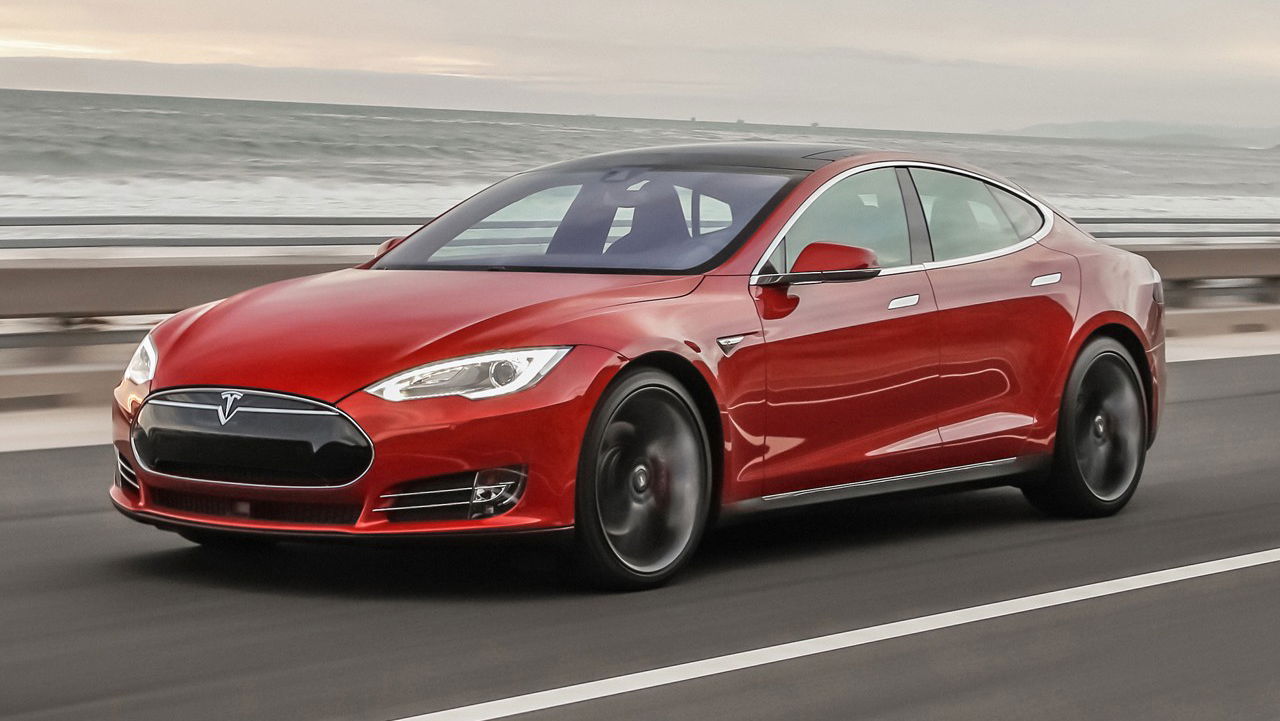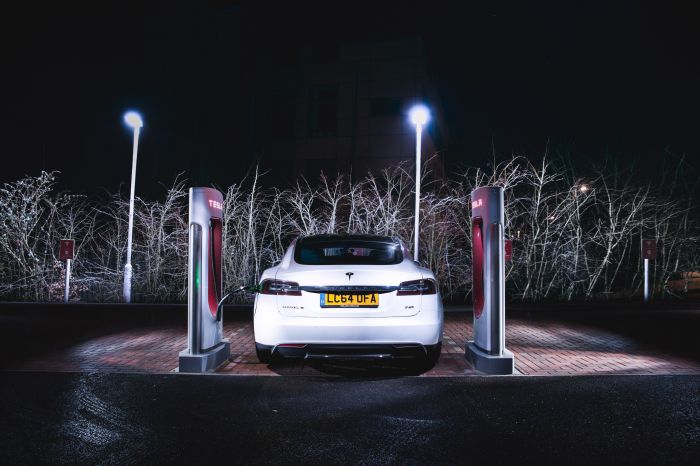This Groundbreaking 'Ultimate Battery' Will Kill All Your EV Fears

If there’s one criticism (of many) levelled against EVs, it’s that their battery life is limited, meaning frequent stops for charging. Of course, we have incredible car makers like Tesla whose EVs are able to travel 200 miles quite realistically, but they’re expensive to buy and still not as practical as a similar-sized car with an ICE. And sure, we have ‘superchargers’, but who wants to wait for 20 minutes?
That could all change, however, because scientists at Cambridge University have designed a new lithium-oxygen battery - dubbed the ‘ultimate battery’ - that has 10 times more energy density than an equivalent lithium-ion battery. Also of note, is that the new battery is one fifth the weight of its lithium-ion counterpart, and a fifth the cost to produce.

These headline figures mean that future EVs would be able to travel far greater distances (comparable with an ICE car), would be less expensive to buy and would make electric cars lighter and therefore more efficient than they are currently (a Tesla Model S weighs over two tonnes, which is far from ideal from an efficiency standpoint).
Despite a laboratory demonstrator of the lithium-oxygen battery existing, its application in production cars is at least 10 years away, because problems ‘still need to be solved’ according to Professor Clare Grey of Cambridge’s Department of Chemistry. Still, with news like this, it makes us wonder again why manufacturers are still bothering with hydrogen fuel cell vehicles.
For a deeper look into the chemistry behind Cambridge’s lithium-oxygen battery, read this report.


Comments